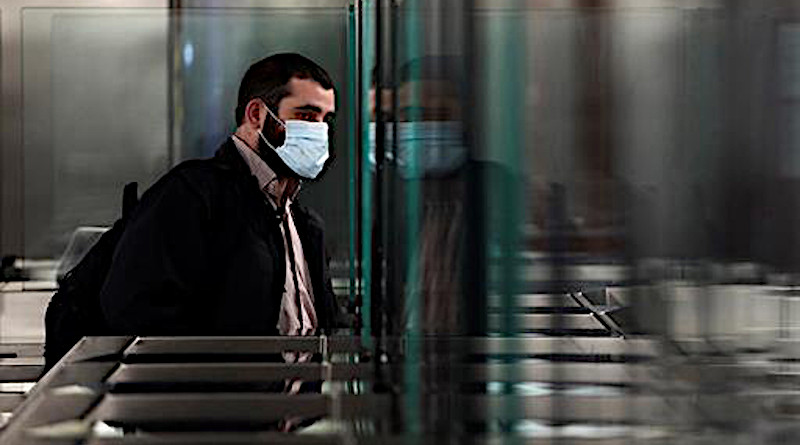One In Three People Afraid To Go Out On Street After Self-Isolation
The report details how the place where the respondents have self-isolated and shows, for example, that 55.2% have experienced isolation in municipalities of between 10,000 and 400,000 inhabitants
Cristina Aybar, José M. Pavía and Rosa Roig of the research group in Electoral Processes and Public Opinion (GIPEyOP) of the University of Valencia have carried out an analysis on the situation, assessment and perception linked to COVID-19.
The report shows the preliminary results of the group’s survey during the de-escalation period, between April 28 and May 4, on nearly 8,400 people.
The report details how the place where the respondents have self-isolated and shows, for example, that 55.2% have experienced isolation in municipalities of between 10,000 and 400,000 inhabitants, “most people have been in their usual homes, which had a balcony, terrace or similar element, and 91.1% of respondents say that their home has at least 50 square meters”, notes Rosa Roig.
The research group also mentions the company they had during isolation, “most have spent it with their partners, 30.4%, and no less than 12.4% of the people surveyed have self-isolated alone”, concludes the researcher.
Regarding another of the aspects covered in the survey, the employment situation, José M. Pavía notes that “highlights the high percentage of respondents who have been teleworking, 26.2%, compared to 14.1% who have left home to work. Two out of three people who have been working from home or from their position have pointed out that their job performance has been affected, and among the respondents who telework, most have indicated that they would like to alternate the teleworking options with going to the workplace”.
The preliminary report also shows how confinement has affected the student body, who also had their motivation and performance altered.
Cristina Aybar concludes that “one in three people have expressed being afraid of going out and doing so in fear. Most people surveyed report not having had COVID-19 symptoms, however, 12.2% confess to having compatible symptoms but have not had objective confirmation since had not been tested”. The report also provides what is the assessment of health management in Spain, which is slightly better valued than economic management.
The research is part of the work linked to the research projects “Los ROstros del COvid-19. Género e Impactos Socioeconómicos (ROCOGIS)”, “AICO/2019/053” and “ECO2017-87245-R”, and with the funding of the Fund Supera COVID19 (CRUE-Banco Santander), the Department of Innovation, Universities, Science and Digital Society (Valencian Government) and the Ministry of Economy and Competitiveness.

